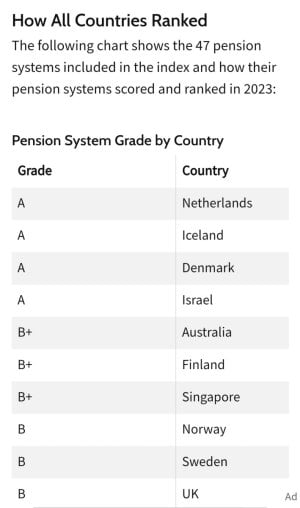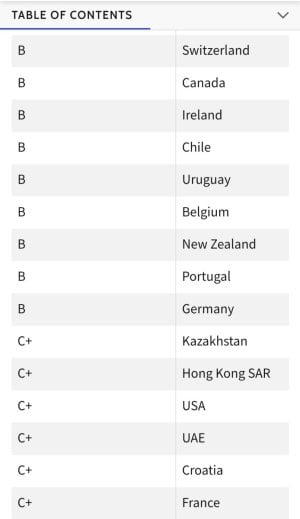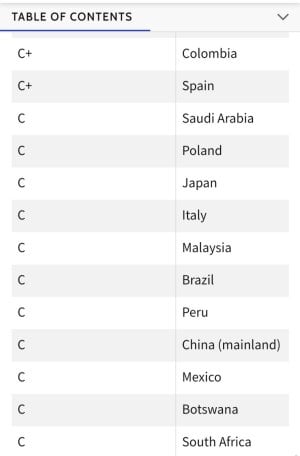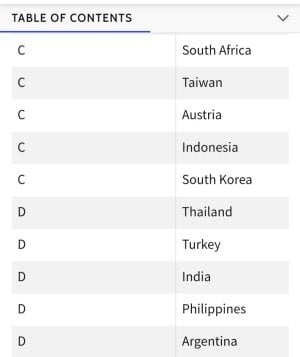Centrelink's travel rules: Don't let your overseas adventure ground your payments!
- Replies 71
As the world opens up again and international travel becomes more accessible, many Australians are itching to dust off their passports and explore new horizons.
However, for those receiving Centrelink benefits, it's crucial to understand how jet-setting can impact your payments.
Centrelink, the government service that delivers a range of payments and services for retirees, the unemployed, families, carers, parents, people with disabilities, Indigenous Australians, and people from diverse cultural and linguistic backgrounds, has specific rules for recipients who travel overseas.
‘There are rules covering how travelling outside Australia may affect your payment or concession card,’ Centrelink stated.
‘These depend on the payment or concession card you get.’
‘When you leave Australia, we may adjust or stop your payment or concession card based on these rules,’ it added.
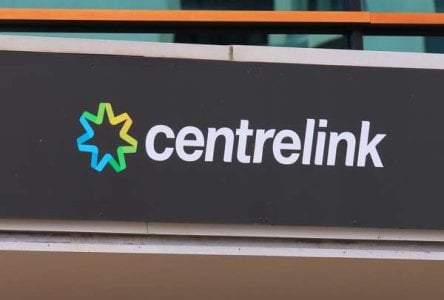
To avoid any financial hiccups, Centrelink advised all recipients to inform them of any travel plans through their myGov account. This is a critical step in maintaining your payments while abroad.
According to Centrelink, ‘If you can’t tell us online, you can tell us by calling us on the phone number that relates to your affected payment.’
One of the key things to remember is that you must report your income on the last business day before your departure. This is mandatory even if your regular reporting day falls on or after the date you leave Australia.
For those who are single but planning to visit a partner overseas, it's especially important to communicate this to Centrelink.
‘If you’re going overseas to visit your partner…we need to review your payment before you leave; otherwise, we may pay you too much,’ Centrelink advised.
It's also worth noting that if Centrelink can't reach you while you're outside of Australia, your payment or concession card may be stopped.
‘If your payment stops while you’re overseas, we usually can’t restore your payment until you return to Australia,’ Centrelink explained.
‘While overseas, it’s important to tell us if your circumstances change just like if you were in Australia.’
‘This is because some changes can affect your payment or concession card,’ it continued.
Interestingly, you don't need to inform Centrelink when you return to Australia. If your trip is less than a year, your payments will continue to be processed every two weeks as usual.
However, if your adventure takes you away for over a year, your payments will be extended to every four weeks.
Depending on your location, these payments can be deposited into an overseas bank account and may be paid in the local currency or US dollars.
In the event of a serious issue, such as illness or a natural disaster, that prevents you from returning home, you may be eligible to extend your payments.
In such cases, you should contact Centrelink International Services for assistance.
As the Australian government continues to adjust policies affecting social security payments, recent warnings have been issued regarding potential changes for those travelling abroad.
This development underscores the importance of staying informed about how such changes might impact financial support while overseas.
In addition, Centrelink is also advising Australians to review and update their tax returns due to recent modifications in payment protocols.
Keeping up with these updates is crucial to ensure compliance and avoid any disruptions in financial support.
 Have you had any experiences with Centrelink payments while travelling abroad? Share your stories and tips in the comments below to help fellow travellers navigate these waters. Safe travels, and don't forget to keep Centrelink in the loop!
Have you had any experiences with Centrelink payments while travelling abroad? Share your stories and tips in the comments below to help fellow travellers navigate these waters. Safe travels, and don't forget to keep Centrelink in the loop!
However, for those receiving Centrelink benefits, it's crucial to understand how jet-setting can impact your payments.
Centrelink, the government service that delivers a range of payments and services for retirees, the unemployed, families, carers, parents, people with disabilities, Indigenous Australians, and people from diverse cultural and linguistic backgrounds, has specific rules for recipients who travel overseas.
‘There are rules covering how travelling outside Australia may affect your payment or concession card,’ Centrelink stated.
‘These depend on the payment or concession card you get.’
‘When you leave Australia, we may adjust or stop your payment or concession card based on these rules,’ it added.

Centrelink reminded recipients of rules impacting payments during overseas travel. Credit: Shutterstock
To avoid any financial hiccups, Centrelink advised all recipients to inform them of any travel plans through their myGov account. This is a critical step in maintaining your payments while abroad.
According to Centrelink, ‘If you can’t tell us online, you can tell us by calling us on the phone number that relates to your affected payment.’
One of the key things to remember is that you must report your income on the last business day before your departure. This is mandatory even if your regular reporting day falls on or after the date you leave Australia.
For those who are single but planning to visit a partner overseas, it's especially important to communicate this to Centrelink.
‘If you’re going overseas to visit your partner…we need to review your payment before you leave; otherwise, we may pay you too much,’ Centrelink advised.
It's also worth noting that if Centrelink can't reach you while you're outside of Australia, your payment or concession card may be stopped.
‘If your payment stops while you’re overseas, we usually can’t restore your payment until you return to Australia,’ Centrelink explained.
‘While overseas, it’s important to tell us if your circumstances change just like if you were in Australia.’
‘This is because some changes can affect your payment or concession card,’ it continued.
Interestingly, you don't need to inform Centrelink when you return to Australia. If your trip is less than a year, your payments will continue to be processed every two weeks as usual.
However, if your adventure takes you away for over a year, your payments will be extended to every four weeks.
Depending on your location, these payments can be deposited into an overseas bank account and may be paid in the local currency or US dollars.
In the event of a serious issue, such as illness or a natural disaster, that prevents you from returning home, you may be eligible to extend your payments.
In such cases, you should contact Centrelink International Services for assistance.
As the Australian government continues to adjust policies affecting social security payments, recent warnings have been issued regarding potential changes for those travelling abroad.
This development underscores the importance of staying informed about how such changes might impact financial support while overseas.
In addition, Centrelink is also advising Australians to review and update their tax returns due to recent modifications in payment protocols.
Keeping up with these updates is crucial to ensure compliance and avoid any disruptions in financial support.
Key Takeaways
- Centrelink released reminders for recipients about rules that may affect their payments while travelling overseas.
- Recipients were encouraged to inform Centrelink of their travel plans through their myGov account and to report their income before departing.
- Payments or concession cards may be adjusted or stopped if recipients do not update their circumstances or Centrelink cannot contact them.
- Payments for those overseas less than a year continue as usual, but for more than a year, payments switch to every four weeks and can be made to overseas banks.



